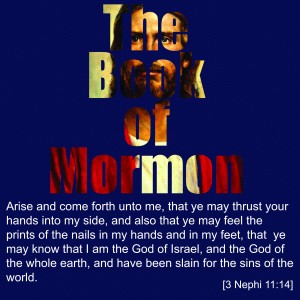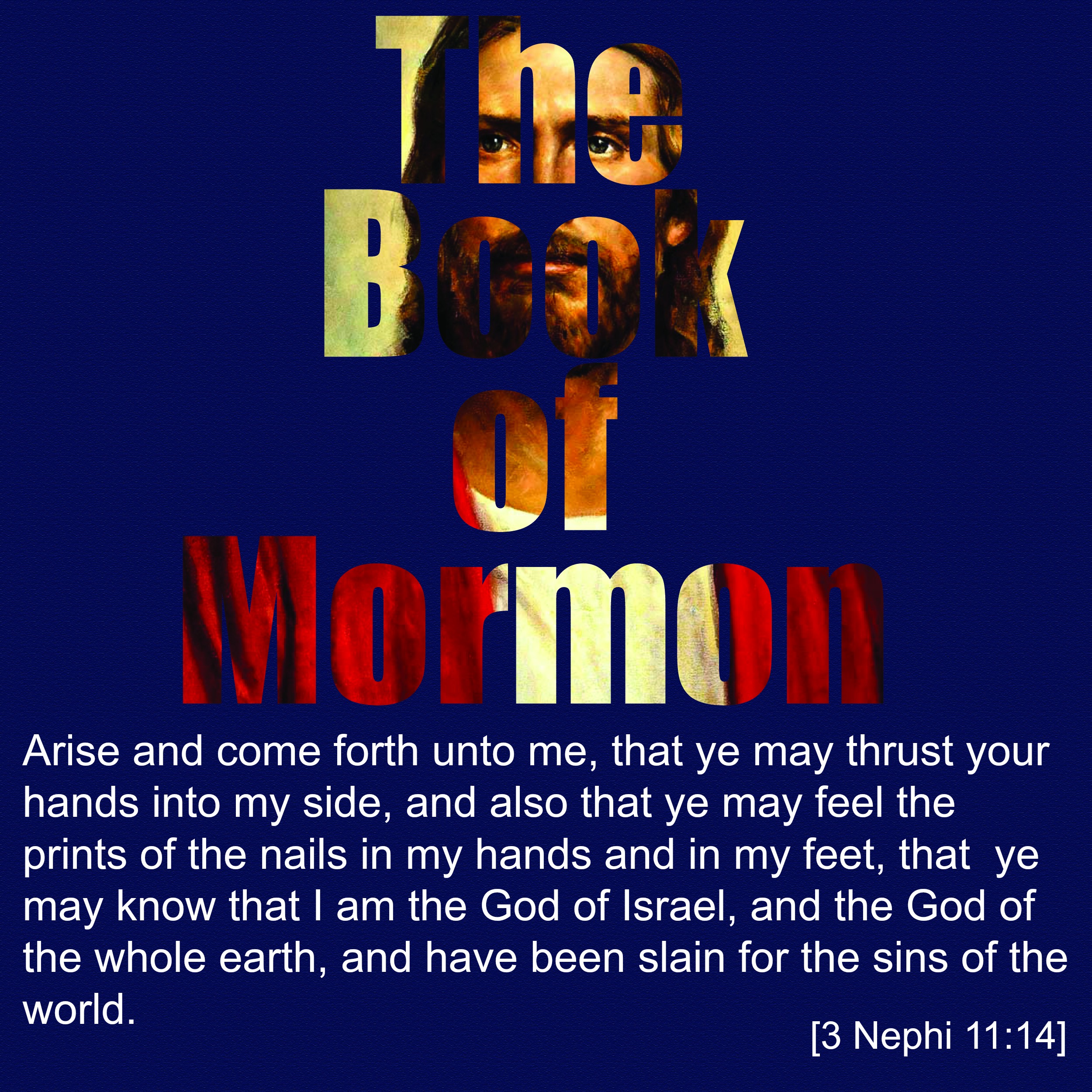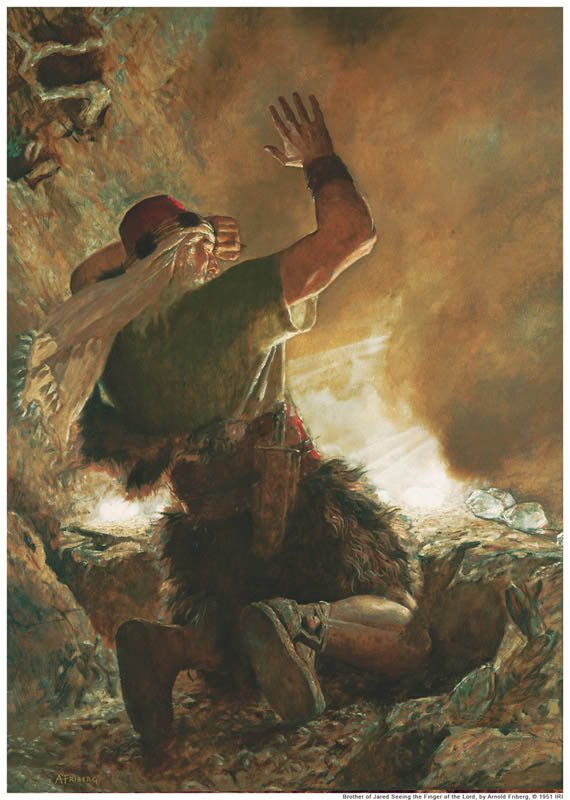When my children grow up and are out on their own, I want them to have the words and teachings of the Savior, Jesus Christ, written on their hearts. That is why, as a family, we read The Book of Mormon, which is another testament of Jesus Christ, a companion scripture to the Bible and a record of God’s dealings with the people who lived in the ancient Americas. As members of The Church of Jesus Christ of Latter-day Saints, ours is sometimes inadvertently called the Mormon Church because of our belief in this book of scripture.
The primary purpose of the Book of Mormon is to testify of Christ. Joseph Smith, the first prophet of The Church of Jesus Christ in the latter days, said:
“I told the brethren that the Book of Mormon was the most correct of any book on earth, and the keystone of our religion, and a man would get nearer to God by abiding by its precepts, than by any other book.” [1]
Feast upon the Words of Christ
Nephi, an ancient American prophet whose writings are found in the Book of Mormon, said bringing people to Christ was the purpose of the book. The scripture 2 Nephi 25:26 reads:
“And we talk of Christ, we rejoice in Christ, we preach of Christ, we prophesy of Christ, and we write according to our prophecies, that our children may know to what source they may look for a remission of their sins.”
Nephi also said, in 2 Nephi 33:10:
“And if ye believe in Christ ye will believe in these words, for they are the words of Christ, and he hath given them unto me; and they teach all men that they should do good.”
 If I want my children to have the words of Christ written on their hearts, they have to read them. Well, not just read them, but “feast upon the words of Christ; for behold, the words of Christ will tell you all things what ye should do” (2 Nephi 32:3). What is feasting upon the words of Christ? It is studying the scriptures, in faith, with the purpose of gaining knowledge of the Savior and His teachings—not just to say that you read that day.
If I want my children to have the words of Christ written on their hearts, they have to read them. Well, not just read them, but “feast upon the words of Christ; for behold, the words of Christ will tell you all things what ye should do” (2 Nephi 32:3). What is feasting upon the words of Christ? It is studying the scriptures, in faith, with the purpose of gaining knowledge of the Savior and His teachings—not just to say that you read that day.
Elder Boyd K. Packer, president of The Quorum of the Twelve Apostles (a governing body of The Church of Jesus Christ), said:
“The central purpose of the Book of Mormon is its testament of Jesus Christ. Of more than 6,000 verses in the Book of Mormon, far more than half refer directly to Him.” [2]
Plain and Precious Truths of Christ in the Book of Mormon
The teachings of Jesus Christ in the Book of Mormon are plain and precious—by divine design. Alma, another ancient American prophet, said: “I have spoken unto you plainly that ye cannot err” (Alma 5:43).
Elder David A. Bednar, an apostle of the Lord Jesus Christ, said:
“The convincing and converting powers of the Book of Mormon come from both a central focus upon the Lord Jesus Christ and the inspired plainness and clarity of its teachings. Nephi declared, ‘My soul delighteth in plainness unto my people, that they may learn’ (2 Nephi 25:4). The root word plain in this verse does not refer to things that are ordinary or simple; rather, it denotes instruction that is clear and easily understood.
“The Book of Mormon is the most correct of any book on earth because it centers upon the Truth (see John 14:6; 1 Nephi 13:40), even Jesus Christ, and restores the plain and precious things that have been taken away from the true gospel (see 1 Nephi 13:26, 28–29, 32, 34–35, 40). The unique combination of these two factors—a focus on the Savior and the plainness of the teachings—powerfully invites the confirming witness of the third member of the Godhead, even the Holy Ghost. Consequently, the Book of Mormon speaks to the spirit and to the heart of the reader like no other volume of scripture.” [3]
I vividly remember the first time my husband read the scriptures to our oldest child. He took our infant son—who was only weeks old—in his arms and read the Book of Mormon to him. He wanted our son to know the words of the Savior from his infancy. Elder Bednar said:
“Youth of all ages, even infants, can and do respond to the distinctive spirit of the Book of Mormon. Children may not understand all of the words and stories, but they certainly can feel the ‘familiar spirit’ described by Isaiah (Isaiah 29:4; see also 2 Nephi 26:16).” [3]
We wanted our children to feel the “familiar spirit” of the Book of Mormon so that as they grew up, they would find comfort in the familiar words. As we read the Book of Mormon as a family, my children learn of the Savior and His teachings. My husband and I also encourage our children to read the Book of Mormon on their own. Both family and personal scripture study help our children gain their own testimony of the truths of the Savior. It is not enough for my children to know that I know—they have to know. And the only way they can truly know for themselves is to read it.






Recent Comments